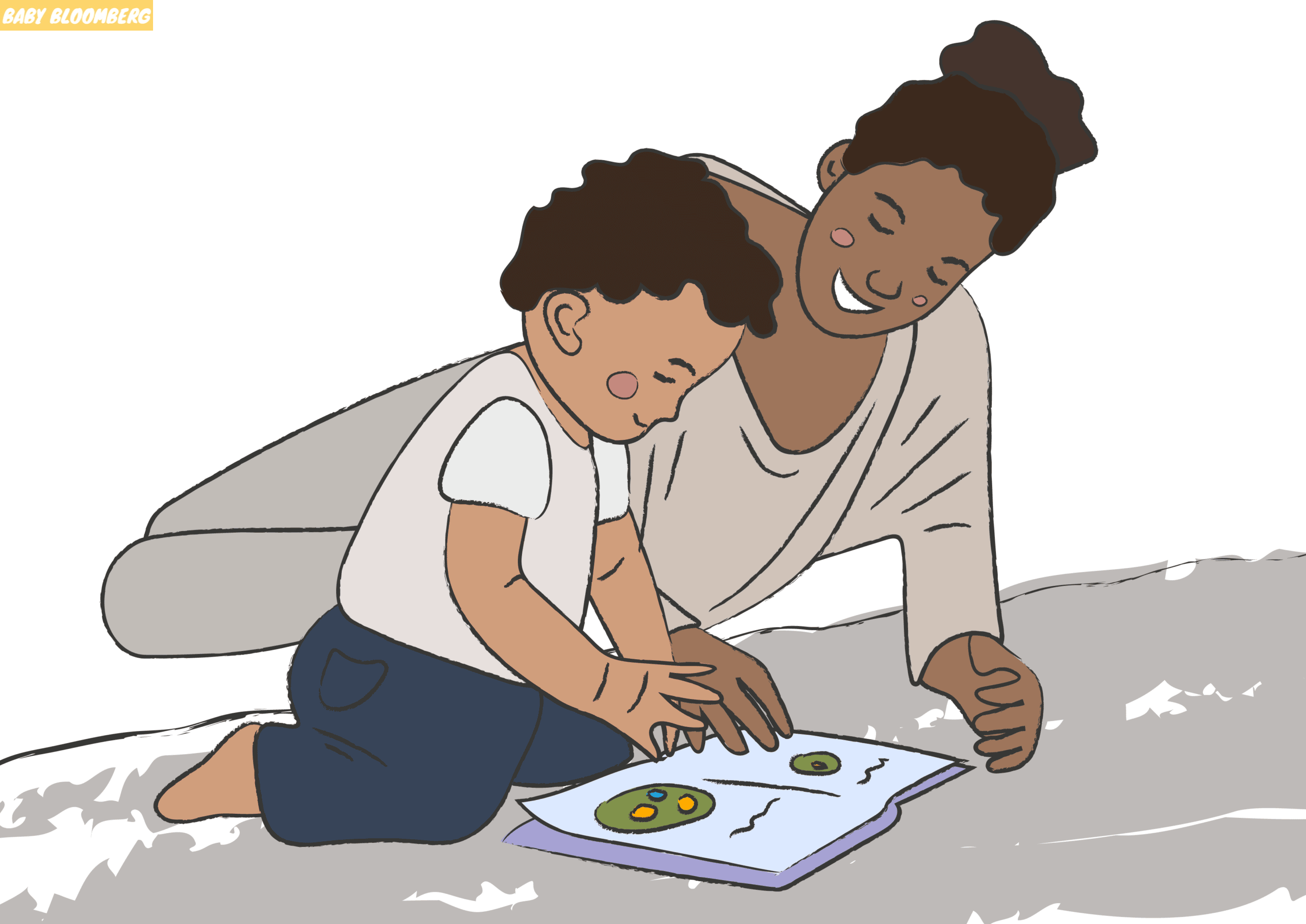Parenting is a universal experience that shapes not only the lives of children but also the future of society. Traditional parenting practices have been passed down through generations, serving as the foundation for strong families and the development of well-rounded individuals. In this article, we will explore the importance of traditional parenting, its impact on marriage, family values, discipline, gender roles, and generational parenting. We will delve into cultural norms, child-rearing, parental authority, and the various parenting styles and techniques employed by parents. This article aims to provide valuable insights, parenting strategies, tips, and resources to help parents navigate the challenges of parenting in the modern world.
The Significance of Traditional Parenting
Parenting is a lifelong commitment that requires dedication, patience, and love. Traditional parenting approaches emphasize the values, customs, and practices that have been inherited from previous generations. These approaches often prioritize the well-being and development of the child above all else.
Research suggests that traditional parenting constructs are especially relevant in low-income African American families, where these constructs have shown consequential validity in shaping preschool children’s social and emotional skills. However, the principles and practices of traditional parenting can be applied to all families, regardless of their cultural background or socioeconomic status.
1. Building Strong Marriages and Family Values
Family is the cornerstone of society, and strong families are built on the foundation of healthy marriages and shared values. Traditional parenting emphasizes the importance of nurturing a loving and supportive marital relationship as a basis for effective child-rearing. When parents prioritize their marriage, they model to their children the value of commitment, communication, and mutual respect.
1.1: The Role of Communication in Strong Marriages
- The impact of effective communication on marital satisfaction and family well-being
- Open and honest dialogue as a means of resolving conflicts and fostering understanding
- Active listening and empathy in strengthening marital bonds
1.2: The Significance of Shared Values
- The role of shared values in promoting family cohesion and stability
- Instilling moral and ethical principles in children through modeling and consistent discipline
- The importance of family rituals, traditions, and customs in reinforcing shared values
1.3: Balancing Work and Family Life
- The challenges faced by modern parents in juggling work and family responsibilities
- Strategies for achieving a healthy work-life balance
- The importance of quality time spent with the family and fostering strong parent-child relationships
2. Discipline and the Development of Strong Character
Discipline is an essential component of traditional parenting, shaping the character, behavior, and values of children. It provides guidance, structure, and boundaries within which children can learn and grow.
2.1: Understanding the Role of Discipline
- The purpose of discipline in teaching children right from wrong
- Setting age-appropriate expectations and establishing consistent boundaries
- The difference between discipline and punishment
2.2: Effective Discipline Strategies
- Positive reinforcement and rewards as tools for encouraging desired behavior
- Time-outs and natural consequences to teach responsibility and accountability
- Consistency, fairness, and follow-through in discipline practices
2.3: Teaching Moral Development through Discipline
- Instilling empathy, compassion, and ethical values in children
- Modeling appropriate behavior and character traits
- The importance of teaching resilience and persistence
3. Gender Roles and Parental Influences
Traditional parenting often assigns distinct gender roles to parents, shaping the development and socialization of children. While societies have become more progressive in challenging gender stereotypes, understanding the impact of parental gender roles remains crucial.
3.1: Nurturing Masculinity and Femininity
- The importance of nurturing healthy gender identity and expression in children
- Encouraging positive traits associated with masculinity and femininity
- Emphasizing the value of equality, respect, and collaboration between genders
3.2: The Role of Fathers in Child Development
- The unique contributions of fathers in fostering emotional well-being and cognitive development in children
- Strategies for involved fatherhood and co-parenting
- The benefits of positive father-child relationships
3.3: Mothers as Role Models and Nurturers
- The nurturing role of mothers in providing emotional support and care
- Balancing maternal responsibilities with personal growth and self-care
- Empowering mothers to pursue their aspirations while maintaining strong family bonds
4. Generational Parenting and Cultural Norms
Traditional parenting practices are often influenced by cultural norms and beliefs that have been passed down through generations. Understanding these cultural influences is key to appreciating the diversity of parenting approaches and traditions.
4.1: Cultural Traditions and Parenting Styles
- Exploring the impact of cultural norms on parenting practices
- Traditional parenting styles and their relevance in different cultures
- Adapting and incorporating cultural traditions into modern parenting approaches
4.2: The Importance of Cultural Identity
- Nurturing cultural pride and a sense of belonging in children
- Promoting multiculturalism and tolerance
- Celebrating diversity within families and communities
4.3: Intergenerational Transmission of Parenting Practices
- The role of grandparents in shaping parenting practices
- The benefits of intergenerational knowledge and wisdom
- Balancing traditional approaches with modern parenting techniques
5. Child-Rearing and Parental Authority
Child-rearing encompasses all aspects of parenting, from providing for basic needs to facilitating social and emotional development. Parental authority plays a crucial role in establishing boundaries, enforcing rules, and instilling values in children.
5.1: Meeting Basic Needs
- Providing a safe and nurturing environment
- Ensuring access to healthcare, nutrition, and education
- Establishing routines and structure
5.2: Fostering Emotional Well-being
- Nurturing a strong parent-child bond through love and affection
- Promoting emotional intelligence and resilience
- Addressing and processing emotions in a healthy manner
5.3: Parental Authority and Respect
- The importance of setting clear boundaries and expectations
- Encouraging open communication and mutual respect
- Discipline as a tool for instilling respect and self-discipline
FAQs
Q: How can parents balance the demands of work and family life effectively?
A: Balancing work and family life requires effective time management, setting priorities, and open communication. It is important to allocate quality time for the family and establish boundaries between work and personal life.
Q: What is the role of discipline in child development?
A: Discipline plays a crucial role in teaching children right from wrong, promoting self-control, and establishing a moral compass. It provides structure, consistency, and guidance to develop strong character traits.
Q: How can parents foster resilience and persistence in children?
A: Resilience and persistence can be fostered through modeling, providing opportunities for growth, and celebrating effort rather than just focusing on achievements. Encouraging problem-solving skills and a positive mindset can also contribute to building resilience.
Q: What are some strategies for involved fatherhood?
A: Involved fatherhood can be achieved by spending quality time with children, actively participating in their upbringing, and fostering open communication. Co-parenting and sharing household responsibilities are also important aspects of involved fatherhood.
Q: How can parents nurture cultural identity in their children?
A: Parents can nurture cultural identity by celebrating cultural traditions, exposing children to their heritage, and teaching them about their roots. Encouraging participation in cultural events and fostering an appreciation for diversity can also promote cultural identity.
Q: How can parents establish boundaries and enforce rules effectively?
A: Establishing boundaries and enforcing rules requires clear communication, consistency, and consequences for actions. It is important for parents to be firm yet fair, allowing children to understand the reasoning behind rules and providing guidance in adhering to them.
Traditional parenting provides the framework for raising resilient, responsible, and well-rounded individuals. It encompasses various aspects such as discipline, gender roles, cultural norms, and generational parenting. By nurturing strong marriages, promoting family values, and exercising parental authority, parents can create a supportive and nurturing environment for their children. It is through the cultivation of traditional parenting practices that we can shape a brighter future for generations to come.
Remember, parenting is not about perfection but about providing love, guidance, and support. The journey of parenthood is unique to each family, but by embracing traditional parenting principles and adapting them to the modern world, we can navigate the challenges and joys of raising children with confidence and optimism.











